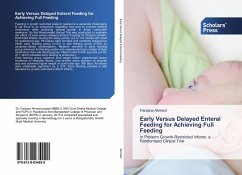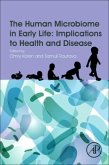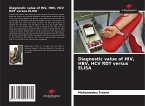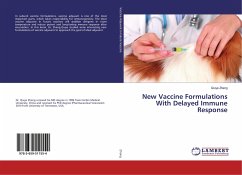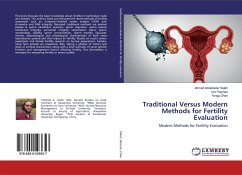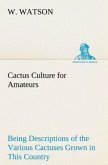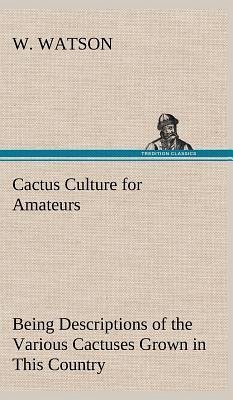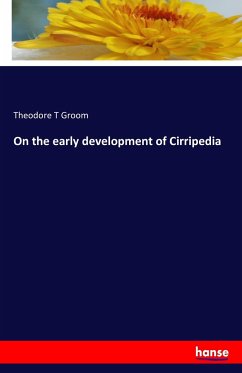Feeding in growth restricted preterm newborns is extremely challenging & yet there is no consensus regarding how best to prevent feeding intolerance while achieving optimal growth in these vulnerable newborns. So this Randomized clinical Trial was conducted to evaluate the effect of early versus delayed Enteral Feeding for Preterm Growth-Restricted Infants. During the study period, out of 131 infants with small for gestational age, 68 babies were enrolled and randomly assigned to either early feeding group (n=34) or late feeding group (n=34) by computer-based randomization. Newborn enrolled in early feeding group achieved full feeding earlier and experienced less number of feed intolerance than late feeding group (Hazard ratio 0.339; log rank p 0.00, df 1. which indicates early feeding is protective.) Early feeding group regained birth weight faster; experienced lesser incidence of neonatal sepsis, had shorter mean duration of hospital stay and achieved higher weight on post natal age 16th days. All values were statistically significant as p 0.00. Early feeding practice is well tolerated by growth restricted preterm infants.
Hinweis: Dieser Artikel kann nur an eine deutsche Lieferadresse ausgeliefert werden.
Hinweis: Dieser Artikel kann nur an eine deutsche Lieferadresse ausgeliefert werden.
